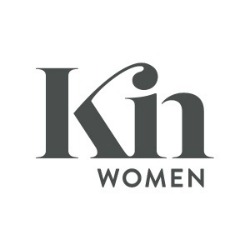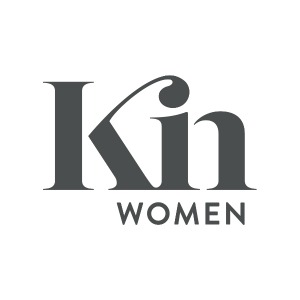
For to be free is not merely to cast off one’s chains, but to live in a way that respects and enhances the freedom of others.
Nelson Mandela
“That’s not fair!”
How often do those three words masquerade throughout your day hiding behind everyday statements?
“Why does she get that?”
“Why is that child starving?”
“Why can’t I get ahead?”
“Why do I have to pay so many taxes?”
“Why do I have to wait in this line?”
I recently watched a training by Chris Voss, a master FBI negotiator, who said that fairness comes up in every negotiation from terrorist to teenagers. As I have observed social media wars rage between the left and the right, male vs female, Baby Boomers versus Millennials, what I read between each line is the same. “It’s not fair.” And just like our mamas told us when we were little, they are right. Life is not fair.
Unfortunately, we are often more concerned about receiving fair for ourselves than we are worried about others receiving fair. Empathy is the most excellent antidote to this problem. When we step into empathy, we step away from our desires and into an understanding of another person’s perspective. With time that knowledge can help us shift our perception of equality and become an advocate for other’s needs.
Sometimes we sit in the place of privilege, and sometimes we sit in the position of inequality. When we sit in the arena of privilege, we have a responsibility to use our privilege to step into empathy. It is the ones with privilege who have the power and freedom to move. Instead of using our privilege to move away from the conflict, we have a responsibility to move into it.
When we are in the place of inequality, we can step away from victimhood and instead step into the role of educator. When we begin using our voice to educate, we fan the sparks of empathy that lie on the other side of the fence.
Equality is when fairness has found an equilibrium between what is fair to you and what is fair to me. Life is not fair, and it will never be. But empathy gives us the tools we need to break down barriers and begin overcoming obstacles, together as equals, instead of as combatants.


I love this perspective, Diana. ‘Equality is when fairness has found an equilibrium between what is fair to you and what is fair to me.’
You have a great voice that encourages empathy. ❤️